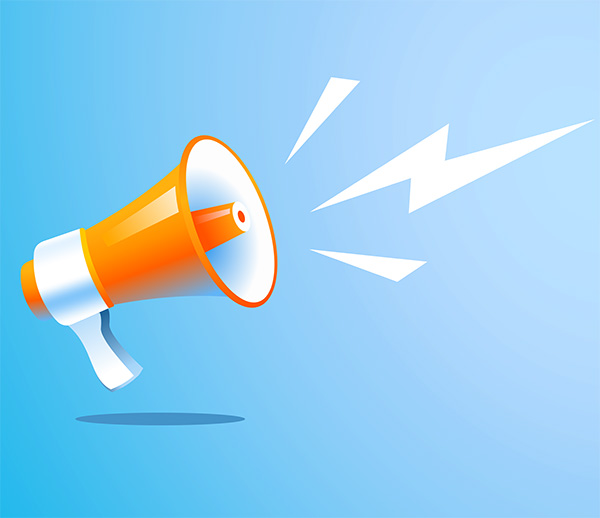By Martha Gershun, Guest Blogger
Whenever someone hears my story about becoming an altruistic kidney donor they are astounded. You mean you read about your recipient in the newspaper and you decided to give away a kidney? How random is that?
In some ways, the story is even more random that most people realize. I read about a woman who needed a kidney in my local Jewish weekly, the Kansas City Jewish Chronicle, the last week of 2017. Deb had been raised in Kansas City, but now lived in Florida. I didn’t recognize her name; we had never met. I called the phone number for the Mayo Clinic Transplant Center listed in the article, filled out their forms, submitted blood to be tested, filled out more forms, and two months later was notified I was a perfect match. The odds of a total stranger matching a specific kidney patient are about 1 in 100,000. Talk about random!
In other ways, the story isn’t random at all. Fifteen years earlier my beloved cousin Ann had received a kidney from a close family friend. That gift gave us many more wonderful years with my delightful cousin. Living kidney donation was part of my family’s story.
I’ve talked to many kidney patients and transplant recipients since my own donation and learned a lot about how people who need a kidney – and don’t have a match among their closest family and friends – find their own “random” match. Here’s what I’ve learned:
- Tell everyone. Don’t be shy, don’t hide behind notions of “privacy and confidentiality.” When you are looking for a needle in a haystack you need to reach out as broadly as you possibly can. Tell your hair stylist; tell your ride share driver; tell the check-out clerk at the grocery store; tell everyone at your church, synagogue, or mosque. You don’t have to say you want them to donate. Just say “I have life-threatening kidney disease, and I’m looking for a living kidney donor.”
- Have answers. When someone expresses interest, make it easy for them to learn more. Have cards ready to hand out with the website for your transplant clinic and the phone number of their Living Donor Coordinator.
- Don’t assume no. Don’t assume someone is too old or too fat or too busy or too poor to donate. The transplant clinic will make that determination, and the criteria are broader than you think. I was 61 when I donated my kidney, slightly overweight, with mild hypertension and borderline blood glucose numbers. But I was otherwise healthy, with dynamite kidney function. There is financial help for donors who can’t afford travel to the clinic or time off work. The oldest living donor in the U.S. was 84 when he donated his kidney.[1]
- Think creatively. Lots of kidney patients have found their perfect match in unusual ways – billboards, bumper stickers, tee-shirts, fliers. Any medium that can carry the message “I need a kidney” might help you find your donor.
- Social media is your friend. The best thing about social media is that your friends can share your message. Don’t limit yourself to a single platform. Tell your story on Facebook, Instagram, Twitter, and LinkedIn. Ask all your followers to help spread the word to their followers.
Every kidney patient has their own networks and hobbies and interests and affiliations, which means every kidney patient has their own unique opportunities to communicate their need. Deb reached out through the Kansas City Jewish Chronicle and found me – her perfect match – living 1,500 miles away. If you reach out broadly enough, you can find your match, too.
Martha Gershun is a nonprofit consultant and writer living in Fairway, KS with her husband Don Goldman. Her most recent book, Kidney to Share (Cornell University Press, 2021), with co-author John Lantos, MD, details her experience donating a kidney at the Mayo Clinic to a woman she read about in the newspaper. Gershun is a Special Advisor to the Kidney Transplant Collaborative and serves on the Board of the National Kidney Foundation serving Kansas, Oklahoma, and Western Missouri.

